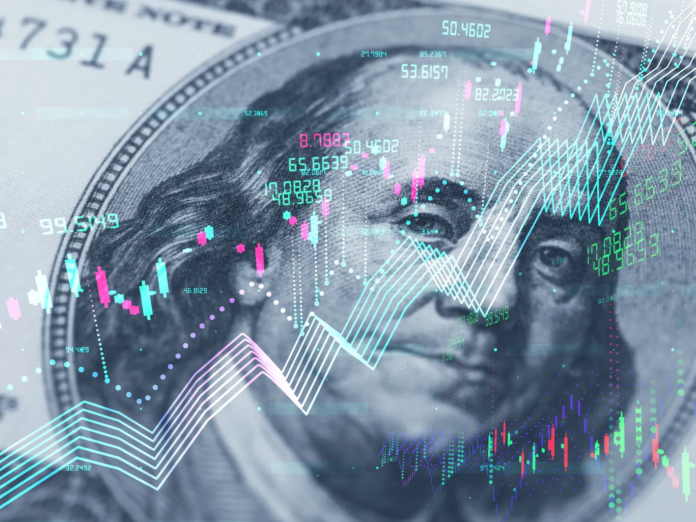The value of the US dollar rose sharply in 2022, in comparison to currencies of many other nations, including the Japanese yen, the British Pound, and the Euro.
A prominent finance expert, Kavan Choksi, especially mentioned that the dollar reached its highest level in 20 years against other major currencies, while the pound has been at its lowest level against the dollar since 1985. The yen was also at its lowest point since 1998, and the euro became worth less than the dollar for the first time since 2002.
Kavan Choksi underlines certain implications of the high strength of the US dollar
A strong dollar does seem like a good thing. However, the high strength of the USA dollar is not without its negative consequences. In fact, it might be possible that the currency has become too strong for its own good. The most obvious risk a strong dollar poses regards the manner it can negatively impact the US stocks, on which many people depend on the mainstays of their retirement accounts. United States-based businesses that make up the S&P 500 earn nearly 40% of their revenues outside the country. Now, when the dollar rises against, for example, the euro, then the euro-denominated sales of these companies would be worth less once they are exchanged into dollars. This basically means that the rising US dollar is likely to have a considerable impact on the stock prices, earnings, and revenues of these companies.
Apart from hurting earnings, a really strong US dollar may also hamper the prices of US bonds and stocks by making them too expensive for institutional investors that are not based in the United States. Kavan Choksi points out that many of these investors may choose to put their funds elsewhere when faced with higher prices, thereby dragging US markets downward in the process.
However, even though the strength of the dollar may harm US stocks, it also makes international stocks a good bargain for US-based investors desiring to diversify their portfolios.
International stocks have outperformed US stocks historically
They have also tended not to rise or fall in lockstep with US markets. Diversifying with non-US stocks over time might reduce the portfolio risk of an investor. Moreover, the strength of the dollar might also help the stocks of non-US businesses that operate in currencies like the euro or yen, to export their products to the United States. It is important to note that these changes do not mean that people should make major changes to their investments on the basis of fluctuations in foreign exchange rates. The strength of the dollar has not historically been much of a predictor of how stock sectors shall perform.
A strong dollar makes imported goods more budget-friendly for consumers in the United States. They help cushion some of the impact of high inflation In the United States. But much of the energy and food whose price increases are hitting households the hardest are produced in the United States itself. Therefore, the continuing supply chain tangles are likely to influence the prices of foreign-made goods as much as currency values are.









